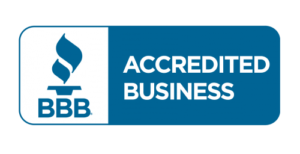
If a grantor becomes incapacitated, than what? One of the main values of a trust is the instructions that will outline exactly how you want assets managed while you are unable to. First and foremost, it should be ensured that your money is for you and your spouse’s financial well-being.
Next is Cash Equivalent Asset Protection. These are assets that can easily be converted to cash in hand, in a short time frame, like an IRA or 401k. IRAs are considered qualified funds, meaning that as they are funded, what’s been put into them has not been taxed yet. These funds will continue to grow tax-deferred, but when they are “unwrapped”, the tax bill comes due. It is vitally important to plan for this, and have a system in place, for when the funds are set to come out. Proper pre-planning can save thousands in tax dollars. Without a plan, when these need to be accessed, a huge chunk could be taken out upon release. Language in a trust outlining the plan for releasing all the of accounts and the methods to do so, can assure your family has access to the most money possible, even after you’re gone.
Another consideration is Family Asset Protection. What if a 19 year old beneficiary would receive a large inheritance? Would they have the maturity to use it wisely, as you would want them to? Provisions can be made in the estate plan for setting funds aside for specific purposes, waiting for release until a certain maturity age, and just about any other criteria you would want to put in place. See the tabs on Trusts, Special Instructions, Guardianship and Beneficiaries for more on how we can help you safeguard you funds, to be used the best way possible.


